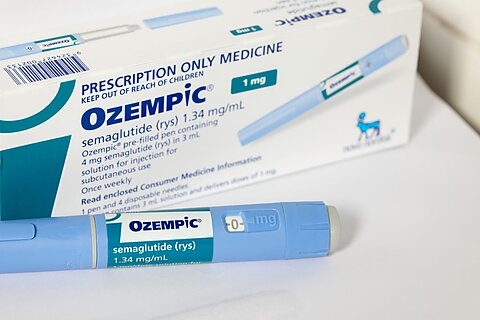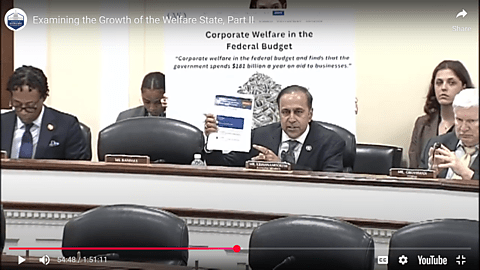
A qualitative study published August 2 in the Journal of the American Medical Association reported that “semaglutide products are actively being sold without prescription by illegal online pharmacies, with vendors shipping unregistered and falsified products.” Some of these products were knockoffs of brands such as Ozempic and Wegovy and contained impurities, some of which were toxic.
In other cases, vendors never delivered products that people purchased online. The researchers reported receiving only three of the six products they bought. They found six online vendors are classified as “rogue” or “not recommended” by LegitScript, a private organization that monitors and certifies online vendors, or by the National Association of Boards of Pharmacies.
The researchers found that about 42 percent of online vendors were operating without a valid license or selling these drugs without a prescription.
As I wrote last month, GLP‑1 agonists were developed to treat diabetes by increasing insulin and sugar levels in the bloodstream. However, clinical researchers continue to find the drug can have several other benefits. Many of these potential benefits derive from their effects on the brain, which reduce appetite and cravings and induce satiety. They are already being used as effective weight loss drugs—the primary reason consumers are purchasing them online—but might potentially help people to reduce or quit consuming tobacco, alcohol, opioids, cannabis, and other substances.
In May, Charles Silver, Michael F. Cannon, and I co-wrote an article calling for the Food and Drug Administration to reclassify GLP-1s as over-the-counter (OTC) drugs and encourage pharmaceutical manufacturers to market their products with labels detailing to consumers how to properly and safely use them.
Experience shows that their prices drop when prescription drugs become available OTC. Part of the reason is insurance tends to pay for prescription drugs, whereas consumers pay directly for over-the-counter medications. Direct-paying consumers are more price-sensitive and induce manufacturers to compete on price.
If the FDA lets consumers legally buy GLP-1s OTC, it will reduce the risks consumers assume when purchasing fake or adulterated knockoffs in the grey market.
Federal policymakers might be concerned that adults may harm themselves if they inappropriately use GLP-1s they purchase over the counter. Yet they allow minors to buy lethal doses of acetaminophen (Tylenol), diphenhydramine (Benadryl), and ibuprofen (Advil) over the counter. Still, if policymakers are uncomfortable about making GLP-1s OTC, they can establish a “behind-the-counter” category for GLP-1s and other drugs as a halfway measure. This would add the step of forcing consumers to speak to a pharmacist—a licensed gatekeeper—before they can buy a drug. That would still make it easier for consumers to access GLP-1s without the added expense of a visit to the doctor’s office for a prescription. It would also allow competition among manufacturers to bring down the price of these drugs.
People are already purchasing GLP-1s without a prescription, effectively making them OTC drugs. By officially classifying them as OTC, the FDA could deal a blow to the grey market and improve the safety, price, and accessibility of these versatile medications.



